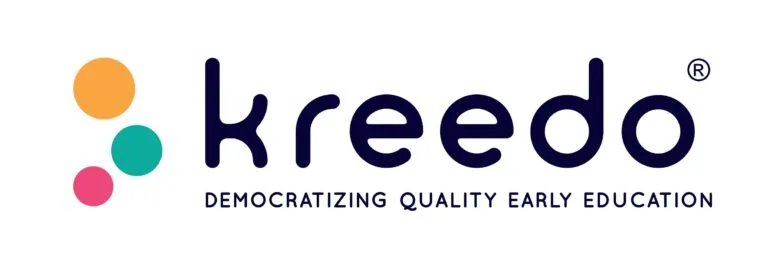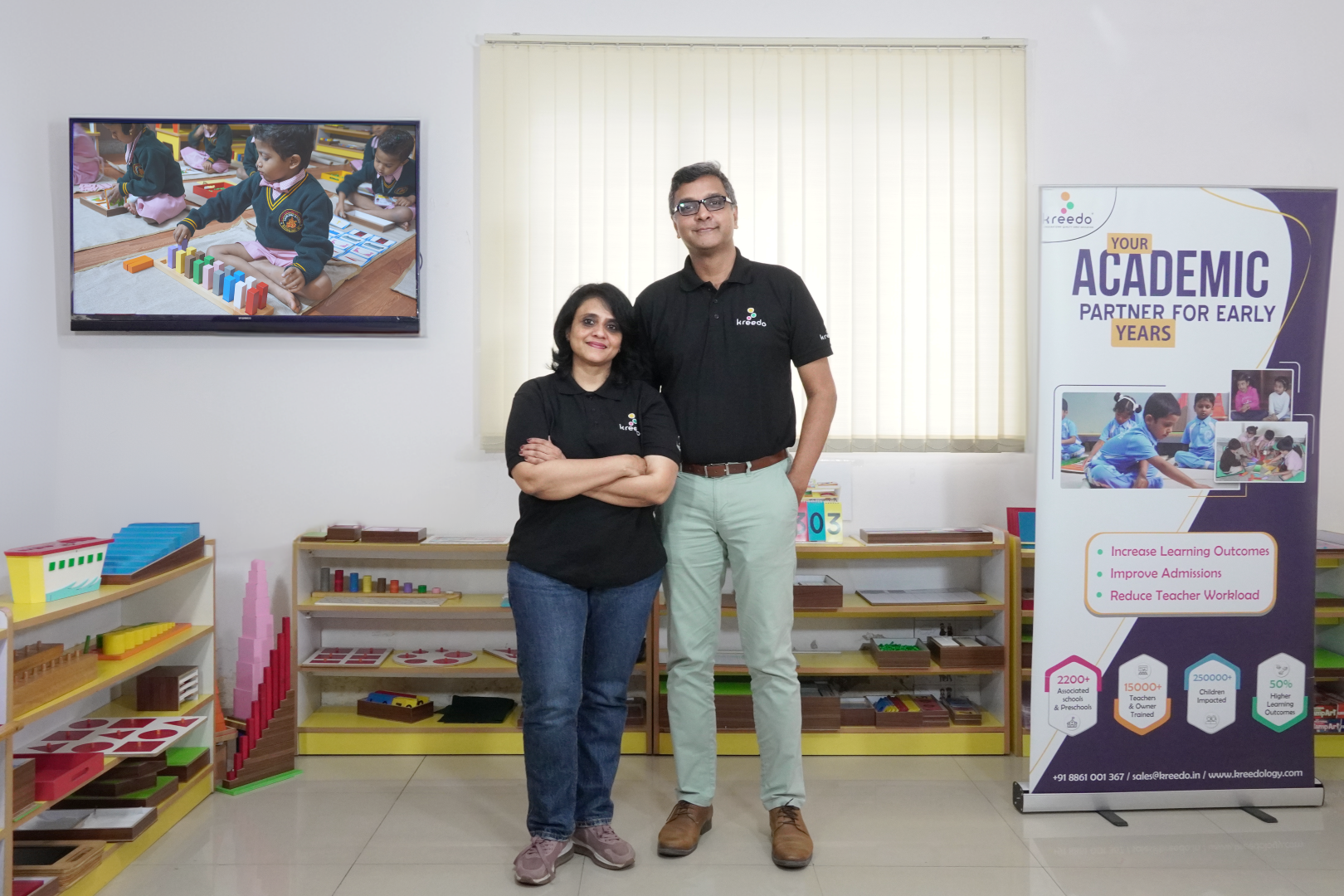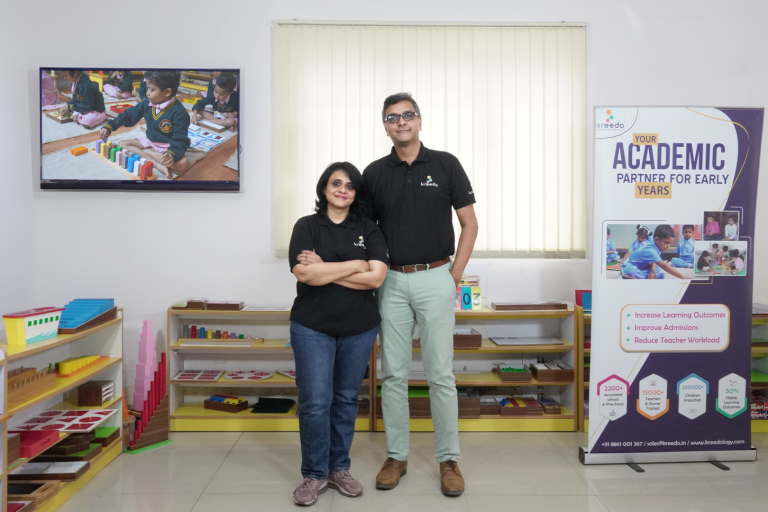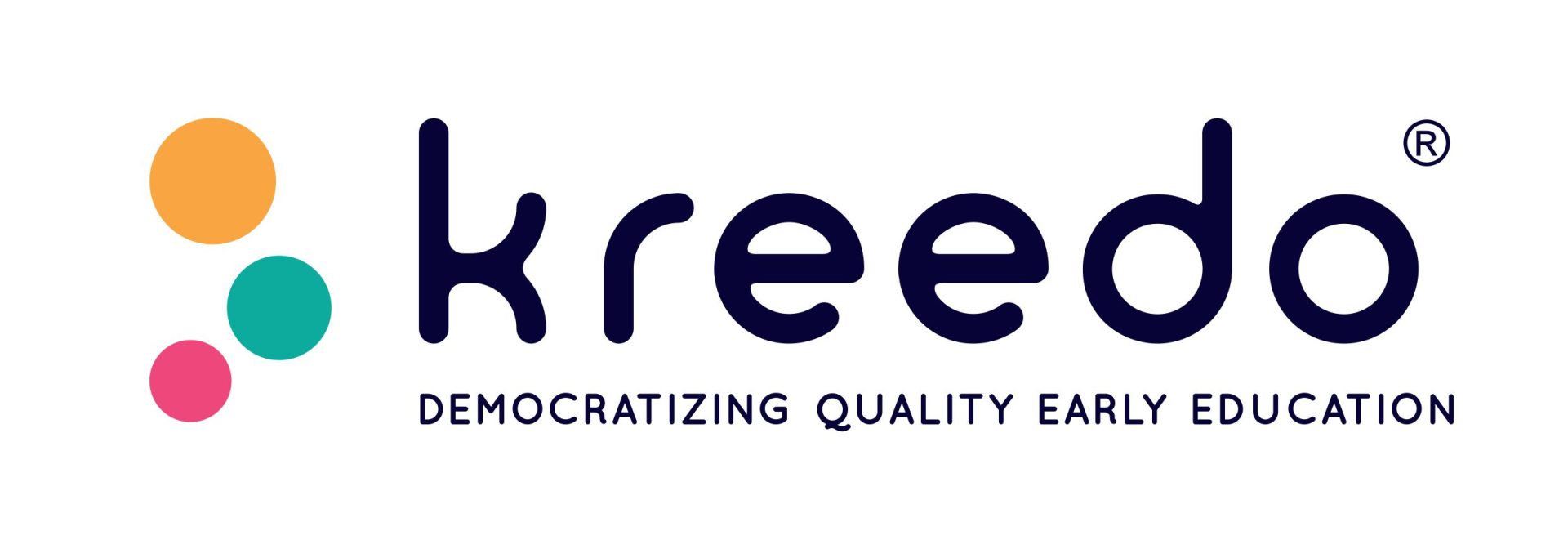How many of us have heard these statements?
-
- Ages of 0 to 7 are the most crucial period in a human being’s life
- 70% of brain development happens between the ages of 0 – 7 years
- Every child is special and unique
Well, a lot of us use these as platitudes without understanding what each of them means. None of us even as educationalists think about what this means from the point of view of our education system and recognize the importance of the above statements.
In today’s preschools, we classify children into playgroups, nurseries, LKG, and UKG. Typical classification is that a child between the age of 2-3 years is put in a play group, a child between the age of 3-4 years is put in a Nursery, a child between the age of 4-5 years is put in LKG and a child between the age of 5-6 years is put in UKG. There are variations across the country on the exact ages for these classifications but these broad guidelines more or less hold true for the entire country.
Children in each of these groups are bunched together and topics of the day are decided by the “Curriculum” that the preschool follows. A curriculum prescribes what needs to be “taught” on a particular day to a playgroup child, a nursery child, an LKG child, and a UKG child. These “Curricula” are usually massively thick manuals that are distributed to teachers at the time of joining. The teacher just needs to read it and implement it in the classroom. The thicker the manual, the more impressive the curriculum supposedly is and so is the supposed depth of what is taught to the child.
Let us consider a few problems in the above model of teaching:
-
- All of us agree that in the years between 0-6 years, a child sees the fastest rate of development and growth in terms of the child’s mental capability. As parents, we have seen how children change in a span of a few months. A child at 1 year 8 months is not the same when he/she reaches 2 years and is not the same when he/she reaches 2 years 6 months. We all know that there is a vast difference in terms of the child’s skill sets, abilities, awareness, development, and knowledge month on month. So, all of us might agree that there is a difference between two children who are at 2 years 2 months and 2 years 6 months respectively. How then would you justify bunching children together in various sections like Playgroup, Nursery, etc. where in a playgroup you have a child who is at 2 years 3 months and a child who is at 2 years 6 months? And since most of the curricula that preschools follow are teacher-centric curricula, the topic of the day is decided beforehand. Irrespective of what levels the children are in the playgroup section in terms of their age differences and their innate capabilities, that topic is played out by the teacher because the “Curriculum” says so. So, the teacher might decide to teach “My Extended Family” which includes aunts/uncles, etc. on a particular day and conduct activities related to that which may make sense to a child at the age of 2 years 11 months but will not make any sense to a child of 2 years 2 months who probably has joined the preschool just a month back. Since this is a playgroup section, you would typically find both of them in the same section doing the same set of activities prescribed for the day. Thus, in this system of education where are we considering the fact that children develop very fast between the ages of 0-6 years, children develop differently from each other and each child is special and unique. Since the educational topic of the day and the educational activity of the day is decided by the teacher totally (except for a few “free play” activities where the child has the freedom to do on his own – and these are just considered as recreational in nature and not necessarily educational), where are we considering the difference in abilities of children as per their age & their innate abilities in this form of education.
- Let us consider a second scenario. Typically, parents look at putting children in preschools as soon as they feel they are ready to socialize with other children and are ready to be out of the house. It is typically by the age of 2 years but nowadays there are variations to this – some prefer earlier some later. Now we come to another great concept in our educational system called the “Academic Calendar”. And in our country, this starts in June or July based on which part of India you are in. In typical preschool curricula followed today across the country, the daily activities are clearly prescribed section-wise in a nicely bound “manual”, concepts are typically not repeated. Hence, a child who joins the preschool in “June” in the appropriate section gets the advantage. But what if as a parent you want to put the child in preschool in the month of October when he or she turns 2? But according to the academic calendar, you are told that your child will, unfortunately, miss out on what has been covered from June to October. Of course, the preschool cannot repeat activities for one child, can they? How can a preschool teacher consider so many variables and educate the child – variable in terms of the age at which they join, variable in terms of their innate abilities, and on top of all this, the teacher has to consider the variable of a child joining at different times of the year in a preschool. A note to Parents – please plan your life such that you decide well in advance what age your child needs to go to preschool and based on that please plan on when the child needs to be born and so on.
The above two scenarios are a simple illustration of how we have built our entire preschool industry except for a few exceptions on a curriculum that is entirely teacher-centric and does not take into consideration the uniqueness of the child. A teacher-centric curriculum is willingly ready to trade the fundamental principles of early childhood for ease of “teaching” by the teacher.
Contrast this to a child-centric curriculum. A true child-centric curriculum will ensure the following:
-
- The curriculum/learning for each child needs to begin the day she/he joins the preschool.
- It should not matter when he/she joins the preschool – The child should not be losing anything just because he or she was not born according to the academic calendar.
- A true child-centric curriculum does not dictate daily activities by the teacher to a child. Each child does his / her own activities based on his / her level (both their age level as well as their competency level).
- The plan of learning for each child has to be derived from the curriculum given to the teacher. Each teacher has to develop a learning plan for children assigned to them considering their age, their innate abilities and the day they join the preschool.
This may sound ludicrous to a lot of educationalists today and the immediate reaction one can expect is that where will you find trained teachers to do this? As individuals/organizations running preschools, it is our duty to train our teachers for the same, because it is for the betterment of children. Please remember, we are not running a preschool for the teacher/adult, we are running it for the child. We have an important responsibility as educationalists, running good quality preschools is not just to run a profitable business but to ensure we doing the right things for the child. As Dr. Maria Montessori said, if we “follow the child”, we will do wonders and it will show in the next generation of individuals that this country will produce from these younglings.
















